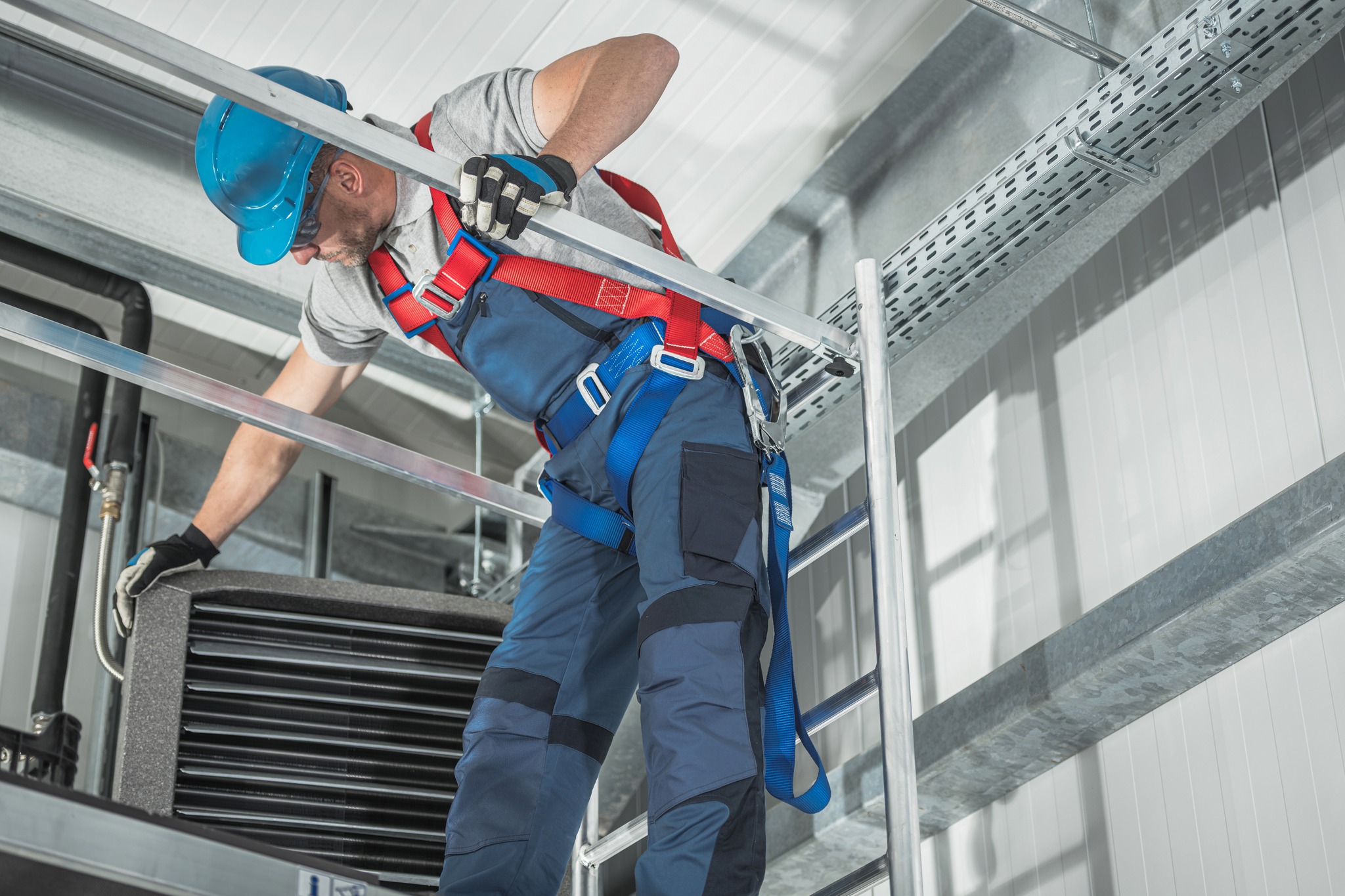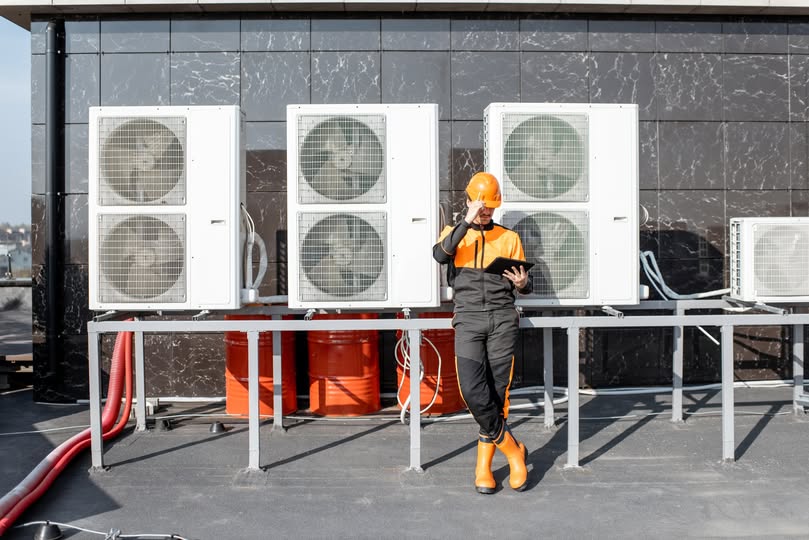Springtime HVAC: Tips and Tricks for Optimal Heating & Air Conditioning Service
As winter fades away and springtime blooms, it's time to turn our attention to our heating and air conditioning (HVAC) systems. In order to ensure optimal performance and efficiency during the warmer months, it's essential to conduct proper maintenance and follow a few key tips and tricks. In this blog post, we'll explore ways to keep your HVAC system in peak condition, so you can enjoy a comfortable and energy-efficient home this spring.
1. Schedule a Professional HVAC Inspection.
Although some maintenance tasks can be performed by homeowners, it's always a good idea to schedule a professional inspection of your HVAC system at least once a year. A certified technician can thoroughly examine your system, identify any potential issues, and recommend necessary repairs or adjustments. This preventive maintenance helps prolong the life of your equipment and ensures optimal performance throughout the year.�
2. Change Your Air Filters Regularly.
One of the simplest yet most crucial steps in maintaining your HVAC system is to regularly change the air filters. Dirty or clogged filters can reduce airflow and force your system to work harder, resulting in increased energy consumption and potential damage to the equipment. Make it a habit to check your filters at least once a month and replace them as needed, or at least every three months.�
3. Clean and Inspect Your Ductwork.
Over time, dust and debris can accumulate in your ductwork, which can decrease the efficiency of your HVAC system and reduce indoor air quality. Spring is an excellent time to clean and inspect your ducts for any damage or leaks. If you're not comfortable performing this task yourself, consider hiring a professional duct cleaning service.�
4. Check and Adjust Your Thermostat Settings.
As the weather warms up, it's essential to adjust your thermostat settings accordingly. To save energy and maintain comfort, consider setting your thermostat to around 25.5°C when you're at home and awake, and raise the temperature when you're away or asleep. Additionally, consider installing a programmable or smart thermostat, which can automate temperature adjustments and save you money on energy bills.�
5. Clean Your Outdoor Unit.
Your outdoor unit, also known as the condenser, plays a vital role in your HVAC system's performance. Over time, dirt, leaves, and other debris can accumulate around the unit, restricting airflow and reducing efficiency. Make sure to clear away any debris and trim back any plants or bushes that are too close to the unit. Additionally, use a hose to gently clean the condenser coils, which can become dirty and inhibit heat transfer.�
6. Seal Leaks and Insulate Your Home.
To ensure that your HVAC system operates efficiently, it's crucial to seal any air leaks and ensure proper insulation in your home. Check for drafts around windows, doors, and electrical outlets, and seal them using weatherstripping or caulk. Also, inspect your home's insulation, especially in the attic, to ensure it's in good condition and provides adequate thermal resistance.�
7. Schedule Regular HVAC System Tune-Ups.
Regular tune-ups for your HVAC system can help maintain its efficiency and prolong its lifespan. During a tune-up, a professional technician will clean and lubricate the system's components, check for proper refrigerant levels, and ensure that all parts are functioning correctly. Ideally, you should schedule tune-ups for your air conditioning system in the spring and your heating system in the fall.�
By following these tips and tricks, you can ensure that your HVAC system is prepared to handle the warmer months ahead. Regular maintenance and inspections will not only improve your system's efficiency but also help prevent unexpected breakdowns and costly repairs. Stay comfortable this spring by giving your HVAC system the attention it deserves.



